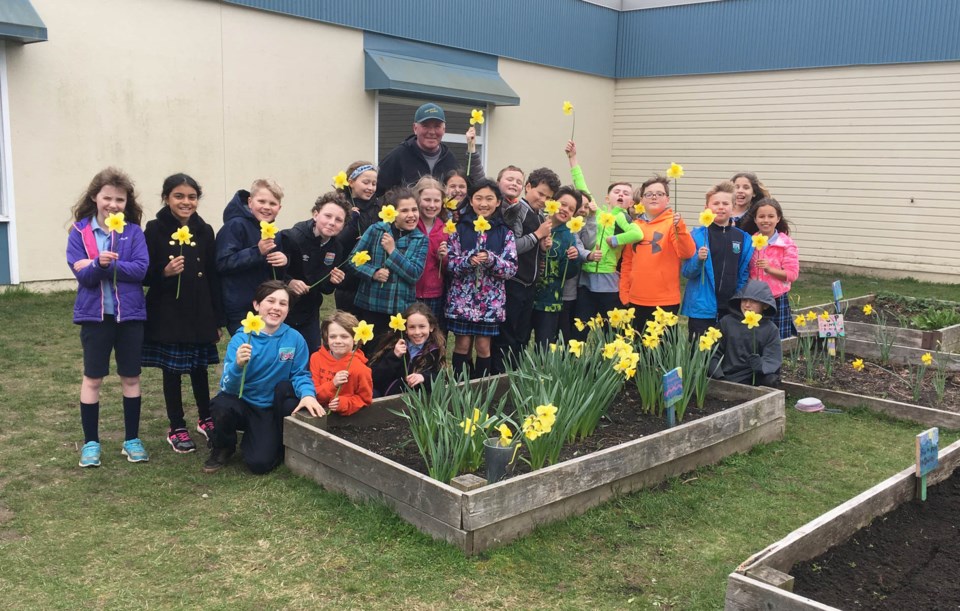As an advocate for food and farming education, it is easy for me to see the relationship between “agri-literacy” and the Ministry of Educations’ curriculum.
If you are a farmer, you are also a mathematician. As a farming community, Delta is by nature a community of mathematicians.
Let’s say you grow potatoes. You don’t just randomly shovel spud seed out of the back of your truck at the end of March, rather, you work on your crop plan to determine what your ultimate yield will be and factor all of your input costs to see if you are going to make any money, despite what Mother Nature may throw at you. On a per acre basis, you need to know how many potato seed you can plant per row, how deep, how far apart, how many spuds per plant, etc.
You then need to calculate your input costs. Fertilizer, fuel, labour, processing, transportation costs and the like.
If the math doesn't work out, maybe you will try another crop or decide to leave a field fallow or as a grassland set-aside to promote ecological diversity.
Other aspects of farming that easily dovetail with the Ministry’s curriculum include soil science, botany, logistics and many other topics.
The government tabled its budget last week. I was hoping to see something innovative on the food security front. Although mentioned in the Premier’s mandate letter to ministers, no real plan to ensure food security is mentioned. There is a line item in the governments’ supplemental estimates allocating $160 million to “food security initiatives.”
To me, a good start to ensure our food security would be to allocate some of these funds to integrate agri-literacy in our classrooms now. There is no room for complacency. We can’t fall behind on this one like we have done with addressing climate change. After all, we are talking about food, which is kind of important. There is no reason why the ministries of agriculture, education and others could not collaborate on an education plan. It just makes sense.
Teaching kids about agri-food and agri-tech is one of the best investments we can make. Food and farming education should be a critical part of our province’s agricultural strategic plan.
We need to encourage our youth to understand how prevalent food and farming is in our lives. We need to do a far better job of encouraging young people to recognize and assess opportunity for good careers in agri-food and agri-tech.




